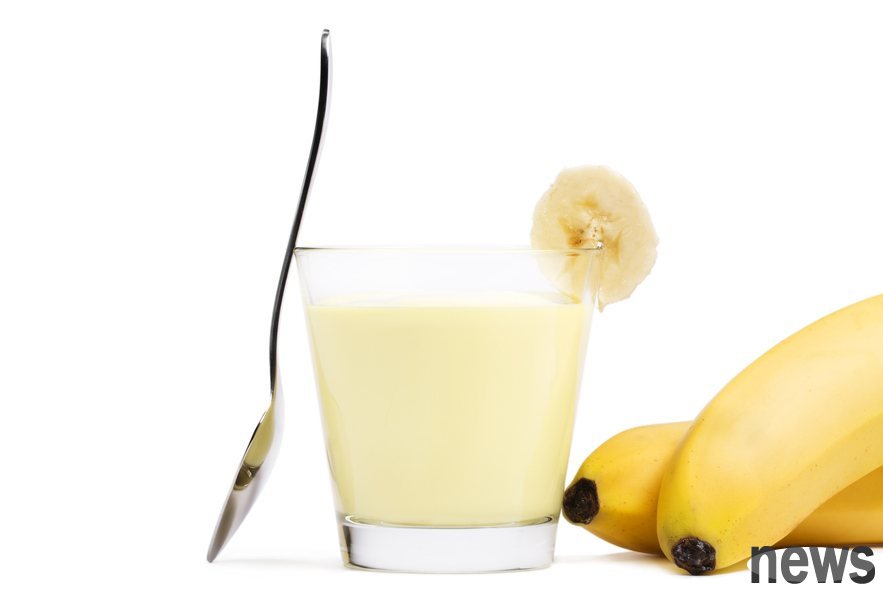
Latest research from the University of California, Davis, points out that adding bananas to berry smoothies may reduce the body's absorption of heart- and brain-healthy ingredients in berries by up to 84%. Studies have found that the polyphenol oxidase in bananas can destroy their structure. It is recommended to avoid eating them at the same time as bananas, avocados and other easily oxidized foods.
According to the New York Post, adding bananas to berry smoothies may seem healthy, but new research points out that this combination may offset the benefits of berries for the heart and brain. Studies have found that adding bananas to smoothies may significantly reduce the body's absorption of flavanols, plant compounds found in berries that are beneficial to heart and brain health, by as much as 84%. The main reason for the decrease in absorption is polyphenol oxidase (PPO), which is abundant in bananas. This enzyme reacts with flavanols, destroying their structure and inactivating the beneficial compounds found in berries, grapes, apples and cocoa.
{9 99}Ottaviani (Javier), adjunct professor at the University of California Ottaviani said, "We wanted to understand from a practical perspective how a cup of banana smoothie would affect the absorption of flavanols in the body." In clinical experiments, subjects drank banana smoothies and low-PPO mixed berry smoothies respectively. Blood and urine test results showed that the absorption of flavanols in the banana smoothie group was significantly reduced, even lower than that of taking flavanol capsules.
Ottaviani said, "We originally expected that PPO would affect absorption, but we did not expect that adding just one banana could quickly and significantly reduce the flavanol content. At the same time, we also unexpectedly found that even if bananas and berries are eaten in different cups, PPO will still reduce the flavanol levels in the body as long as they are taken at the same time." Therefore, he reminded that you should avoid mixing flavanol-rich foods with ingredients that are easy to brown after being cut, such as bananas, avocados, and beet leaves.
When bananas are pureed, the reaction between PPO and oxygen will initiate the same process as the "oxidative discoloration" of fruits, causing flavanols to be decomposed during digestion, greatly reducing the amount that the body can absorb.
The Academy of Nutrition and Dietetics recommends a daily intake of 400 to 600 mg of flavanols. Ottaviani pointed out that if you want to balance flavor and health, you can pair flavanol-rich fruits, such as berries, with low-PPO ingredients, such as pineapple, orange, mango or yogurt.
He added, "Banana is still a nutritious fruit suitable for smoothies, but if the goal is to maintain flavanol content, it should be avoided with berries."
The study was published in this month's "Food &&; Function" journal.